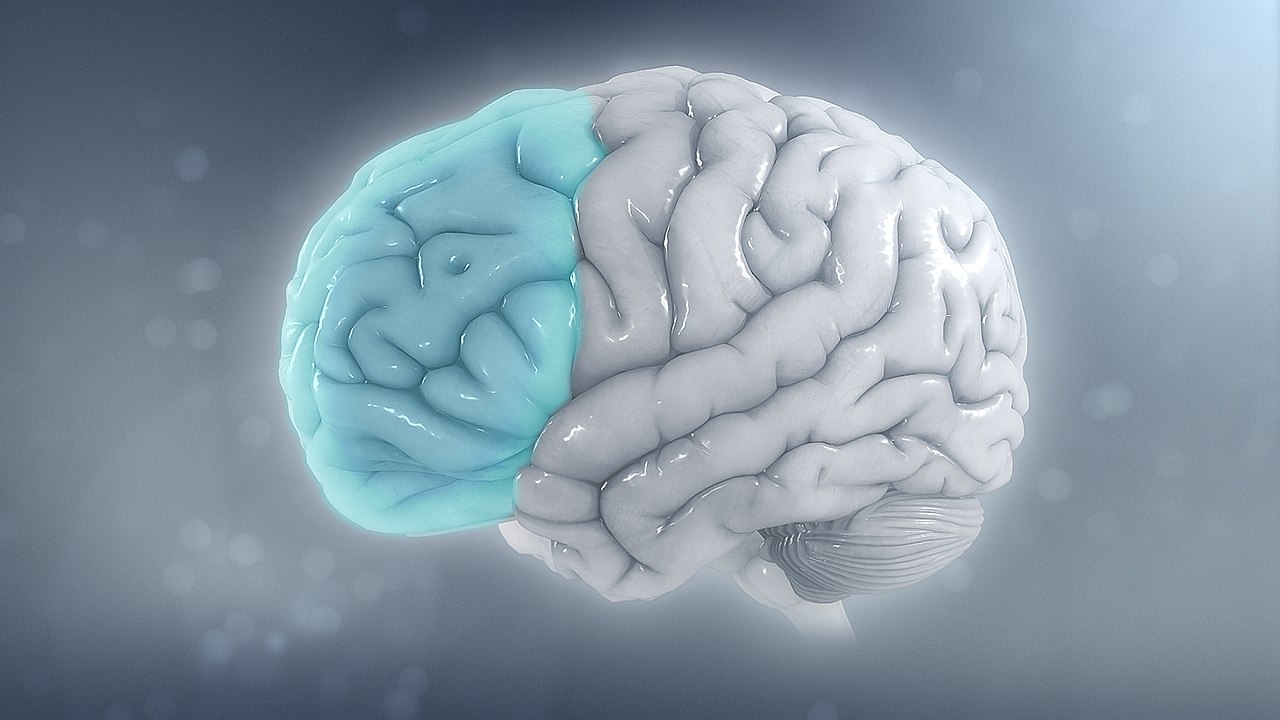First of all,
Investigating the complex workings of the body’s stress response system, in particular the “fight or flight” response, is necessary to comprehend the physiology of anxiety. Stress naturally causes anxiety, which sets off a series of physiological reactions that prime the body to either face or flee from imagined threats. The physiology of anxiety, the function of the fight-or-flight response, typical symptoms of elevated anxiety, available treatments, and methods for controlling anxiety by controlling the body’s stress response are all covered in this article.
The Reaction of Fight or Flight
A primitive survival mechanism, the fight-or-flight response, often referred to as the acute stress response, primes the body to react to perceived threats or danger. The sympathetic nervous system is activated by the brain in response to perceived or actual threats, which results in the release of stress hormones including cortisol and adrenaline. Rapid physiological changes result from this activation, including a rise in blood pressure, heart rate, attentiveness, dilated pupils, breathing, and muscle tension. The goal of the fight-or-flight reaction is to quickly mobilize the body’s resources to either combat the threat or flee from it.
Anxiety’s Neurobiology
Anxiety is caused by intricate neurobiological processes that start in the limbic system of the brain, namely in the amygdala, which is essential for processing emotions and identifying possible dangers. The hypothalamus receives signals from the amygdala when it senses a threat, which causes the autonomic nervous system to become active and the adrenal glands to release stress hormones. The body releases adrenaline and cortisol to get ready for the threat, increasing energy, improving awareness, and temporarily reducing non-essential processes including immune response and digestion. Anxiety disorders may arise as a result of excessive or persistent activation of the stress response system.
Anxiety Treatment Options
The goals of anxiety treatments are to reduce symptoms, calm the body’s stress response system, and encourage rest and wellbeing. Therapy, such as exposure therapy and cognitive-behavioral therapy (CBT), can assist people in recognizing and challenging maladaptive thought patterns, creating anxiety-reduction coping mechanisms, and desensitizing themselves to events that cause anxiety. To support long-term management and offer temporary respite from anxiety symptoms, doctors may also prescribe drugs like benzodiazepines or selective serotonin reuptake inhibitors (SSRIs).
Typical Anxiety Symptoms
Feelings of dread or trepidation, restlessness, irritability, difficulty concentrating, muscle tension, elevated heart rate, fast breathing, perspiration, gastrointestinal disorders, and insomnia are common symptoms of anxiety brought on by the physiological stress response. Although these sensations are adaptive reactions that assist people in coping with possible risks, excessive or chronic anxiety can negatively impact one’s physical and mental well-being and negatively impact day-to-day functioning and quality of life.
The HPA Axis’s Function in Anxiety
The body’s stress response system includes the hypothalamic-pituitary-adrenal (HPA) axis, which controls the release of cortisol in reaction to stress. Adrenocorticotropic hormone (ACTH) is released by the pituitary gland in response to stimulation by corticotropin-releasing hormone (CRH), which is released by the hypothalamus in response to a danger. Subsequently, ACTH instructs the adrenal glands to generate and discharge cortisol into the blood. During times of stress, cortisol is essential for boosting alertness, releasing stored energy, and regulating the immune system. The HPA axis is dysregulated, and this can lead to anxiety and chronic stress.
The Health Effects of Prolonged Stress
Prolonged activation of the stress response system in the body can have deleterious effects on health, raising the chance of immunological failure, digestive problems, cardiovascular disease, and mental health issues like sadness and anxiety. Extended periods of high cortisol exposure can cause metabolic imbalances, interfere with sleep cycles, and impair cognitive performance. Additionally, long-term stress can impair immunity, leaving people more vulnerable to infections and other diseases. Understanding how long-term stress affects health emphasizes how critical it is to control anxiety and the body’s stress response.
Techniques for Controlling Stress Reaction and Managing Anxiety
Making lifestyle changes and practicing relaxation practices that enhance wellbeing are effective ways to manage anxiety and control the body’s stress response. These could include practicing mindfulness meditation, progressive muscle relaxation, deep breathing exercises, yoga, getting enough sleep, and stress reduction methods in addition to regular physical activity. Participating in relaxation and self-care activities can assist people in managing their anxiety, lowering their stress levels, and enhancing their general health and wellbeing.
In summary
Gaining knowledge about the physiology of anxiety and the function of the fight-or-flight response will help you better understand the intricate relationship that exists between the body and mind while under stress. Through identification of typical anxiety symptoms, exploration of the neurobiological underpinnings of anxiety disorders, and application of efficacious therapeutic approaches and stress mitigation techniques, people can enhance their capacity to modulate their body’s stress response apparatus, mitigate anxiety symptoms, and foster general health and welfare. By taking proactive measures and adopting a holistic approach to anxiety management, people can develop resilience, optimize their stress response, and improve their capacity to effectively navigate life’s challenges.


